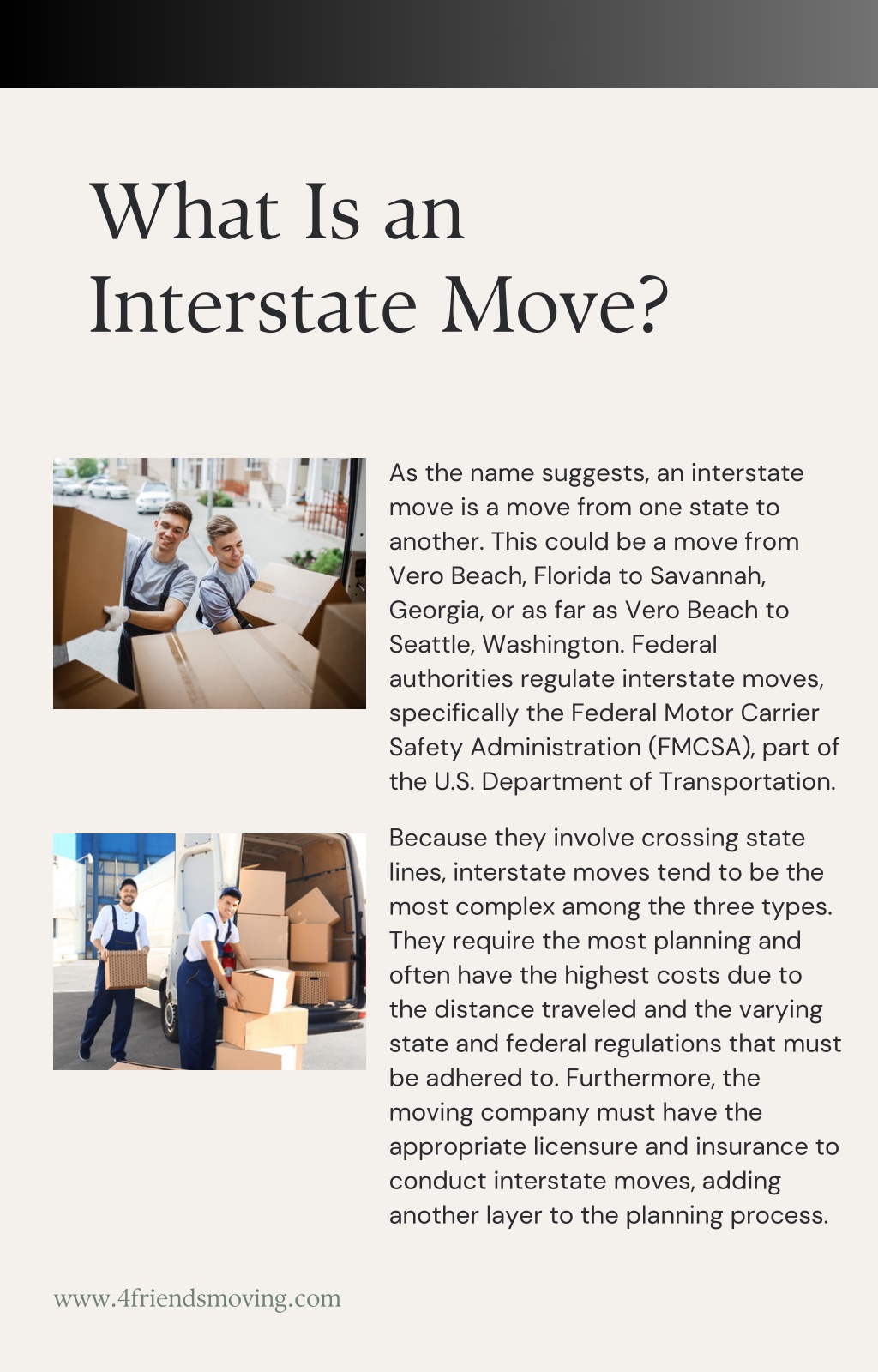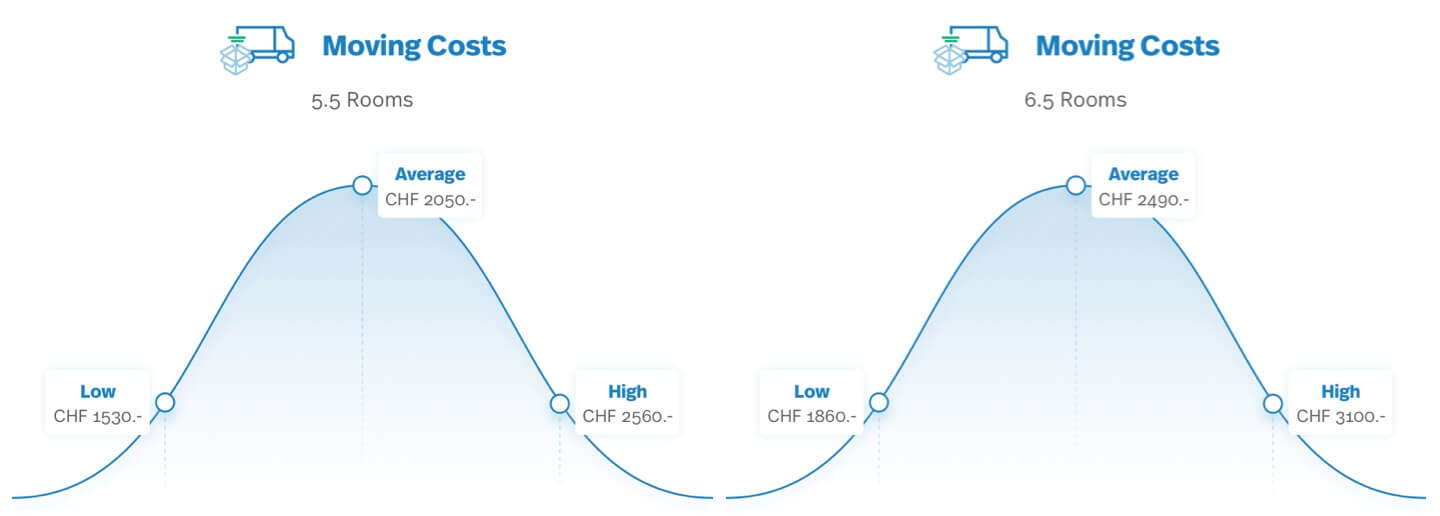If you’re getting ready for an interstate move, you probably have a lot of questions ahead.
This article offers a fresh look at how to handle long-distance moving effectively.
Stay with us to discover how to ensure a smooth relocation across state lines.
What Makes Interstate Moving Unique?
Interstate moving isn’t just a longer local move—it’s a regulated process.
A professional mover experienced descubra mais in cross-state moving understands these details and helps you stay compliant.
Most importantly, the logistics are more complex: multi-day delivery windows come into play.
Tips for Choosing the Best Interstate Movers
Sites like Better Business Bureau and FMCSA’s mover search tool are great resources for screening movers.
Ask about additional fees such as fuel surcharges, long carry charges, or storage if needed.
Trust your instincts: if something feels off or too good to be true, it probably is.
Factors That Influence Interstate Moving Costs
Several factors shape the price of interstate moving services. The biggest is distance—the longer the trip, the higher the fuel, labor, and time costs.
If you request professional packing, furniture disassembly, custom crating for delicate items, or temporary storage, these all add to the base price.
Lastly, access conditions impact costs.

Effective Planning for Moving Between States
Early preparation gives you enough time to handle unexpected challenges calmly.
Decide what to sell, donate, or discard to reduce weight and save on moving costs. Less volume often translates to lower transport fees, so decluttering pays off.
Finally, prepare an essentials kit for the days surrounding your move.
How to Choose the Best Type of Interstate Service
Partial-service movers let you pack your own boxes while they handle transportation and heavy lifting, reducing costs.
This can be more affordable but requires more personal effort.
When comparing services, consider your priorities: Do you value convenience or budget?

How to Prevent Problems During an Interstate Move
Many people wait too long to book movers, only to find limited availability or higher rates.
Hiring unlicensed companies or falling for low-ball quotes can lead to scams, damaged goods, or lost belongings.
Using cheap boxes, skipping labels, or failing to protect fragile items increases the risk of breakage.
Tips for Saving Money on Interstate Moving
Every extra pound adds to the total bill, so sell, donate, or recycle items you no longer need.
Next, compare quotes carefully.
Pack non-fragile items, disassemble simple furniture, or transport valuables in your own vehicle.
Wrapping Up Your Interstate Moving Journey
Whether you’re relocating a small apartment or a full household, understanding the process empowers you to make informed decisions.
Remember: the best moving experience combines preparation, trusted professionals, and flexibility to handle surprises.
Best of luck on your journey to a new home!
Common Questions on Long-Distance Moves
Are there budget-friendly options for moving out of state?
The cheapest options include renting a moving truck, using a freight trailer, or downsizing your load to reduce weight.
How early should I book an interstate moving company?
Early booking secures your preferred dates and gives you time to prepare.
What should I leave out of my moving boxes?
Movers typically won’t transport hazardous materials, perishables, firearms, or plants across state lines.
Do I need extra coverage for my interstate move?
Most interstate movers include basic valuation coverage by law, but it’s minimal.
How do I know where my shipment is?
Ask your company about their communication methods and tracking options.